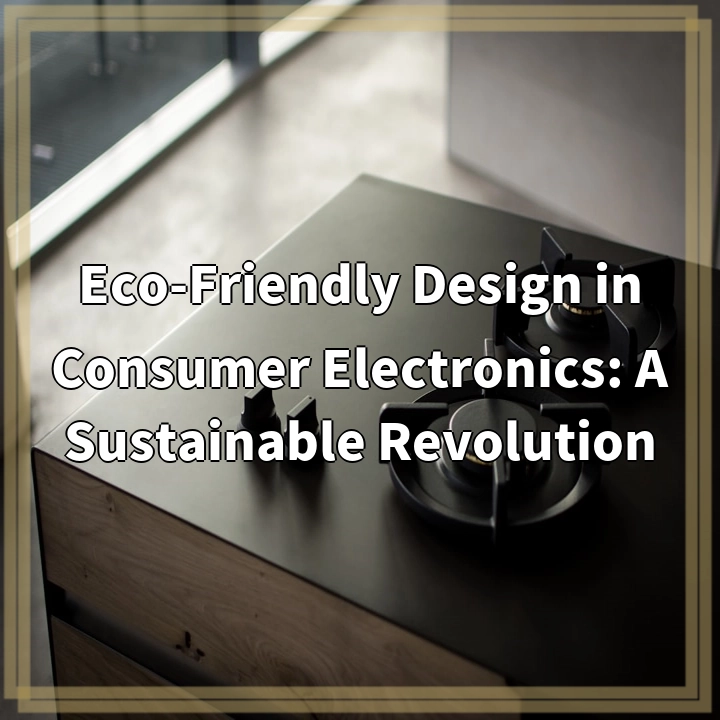
What it is:
Introduction
Clean Energy Advocacy is a movement aimed at promoting and supporting the transition to sustainable and renewable energy sources. It involves raising awareness about the importance of clean energy and advocating for policies and practices that accelerate the adoption of renewable technologies.
The Importance of Clean Energy
Clean energy, such as solar, wind, hydro, and geothermal power, offers a sustainable alternative to fossil fuels. By harnessing these renewable sources, we can significantly reduce greenhouse gas emissions and mitigate climate change. Clean energy also reduces air and water pollution, improves public health, and contributes to energy independence.
Advocating for a Sustainable Future
Clean Energy Advocacy plays a crucial role in driving the transition to renewable energy. It involves individuals, organizations, and communities raising their voices and taking action to promote clean energy policies and initiatives.
Policy Advocacy
One aspect of Clean Energy Advocacy involves advocating for supportive policies and regulations. This includes lobbying for renewable energy targets, incentives for clean energy adoption, and the removal of barriers for renewable energy integration into the grid. Advocates engage with lawmakers, policymakers, and stakeholders to ensure that clean energy is prioritized in governmental decision-making processes.
Raising Awareness
Another important aspect of Clean Energy Advocacy is raising awareness. This involves educating the public and dispelling myths and misconceptions about renewable energy. Advocates use various platforms, including social media, blogs, and public events, to showcase the benefits of clean energy and highlight success stories in its implementation.
Community Engagement
Clean Energy Advocacy thrives on community engagement. It involves grassroots efforts to mobilize support for clean energy initiatives at the local level. Community-led initiatives, such as renewable energy cooperatives and neighborhood campaigns, empower individuals to take part in the clean energy movement and create a sense of ownership and pride in their sustainable energy projects.
Real-World Problems
Despite the many benefits of clean energy advocacy, it faces several real-world problems that need to be addressed:
Limited Political Will
One challenge faced by clean energy advocates is the limited political will to prioritize renewable energy. Fossil fuel interests and entrenched energy systems can make it difficult to implement policies and incentives that support clean energy. Advocates must work to build strong coalitions and overcome opposition to effect meaningful change.
Lack of Funding and Investment
Access to funding and investment is crucial for scaling up clean energy projects. However, there is often a lack of financial support for renewable energy initiatives, particularly in developing countries. Advocates need to push for increased funding for research, development, and implementation of clean energy technologies.
Resistance to Change
Resistance to change is another challenge faced by clean energy advocates. Some individuals and industries may resist transitioning to clean energy due to concerns about costs, reliability, or changes in established systems. Advocates must address these concerns through education and by showcasing successful case studies that demonstrate the feasibility and benefits of clean energy.
Lack of Infrastructure
The lack of infrastructure for clean energy integration poses a significant challenge. Building a robust renewable energy infrastructure requires investments in grid upgrades, storage solutions, and transmission lines. Advocates need to push for the necessary infrastructure developments to facilitate the widespread adoption of clean energy technologies.
Policy Uncertainty
Shifting political landscapes and changing government priorities can create policy uncertainty for clean energy initiatives. Inconsistent and uncertain policies can discourage investment and hinder progress in the clean energy sector. Clean energy advocates must work towards establishing stable and supportive policy frameworks that provide long-term certainty for clean energy development and deployment.
These real-world problems highlight the importance of clean energy advocacy and the need for concerted efforts to overcome obstacles. By addressing these challenges head-on, we can empower the transition towards a more sustainable and clean energy future.

Solutions to the Challenges in Clean Energy Advocacy:
Building Political Will
Advocates need to work on building strong coalitions and partnerships to create political will for clean energy. This includes engaging with lawmakers, policymakers, and industry leaders, and showcasing the economic and environmental benefits of renewable energy.
Increasing Funding and Investment
Advocates should push for increased funding and investment in clean energy research, development, and implementation. This can be achieved through public-private partnerships, incentivizing clean energy investments, and promoting innovative financing mechanisms.
Addressing Resistance to Change
Advocates must address concerns about the costs, reliability, and potential disruption associated with transitioning to clean energy. This can be achieved by providing accurate information, sharing success stories, and highlighting the long-term benefits of renewable energy solutions.
Investing in Infrastructure
Advocates need to advocate for investments in clean energy infrastructure, including grid upgrades, energy storage solutions, and transmission lines. This will support the integration of renewable energy sources into the existing energy systems and ensure a reliable and resilient clean energy transition.
Establishing Stable and Supportive Policies
Clean energy advocates must work towards establishing stable and supportive policy frameworks that provide long-term certainty for clean energy development and deployment. This requires engaging with policymakers, advocating for strong renewable energy targets, and implementing policies that incentivize the adoption of clean energy technologies.
By implementing these solutions, clean energy advocates can overcome the challenges and accelerate the transition towards a sustainable and clean energy future. Through collaboration, education, and policy advocacy, we can empower a widespread adoption of clean energy and create a positive impact on the environment and society.















